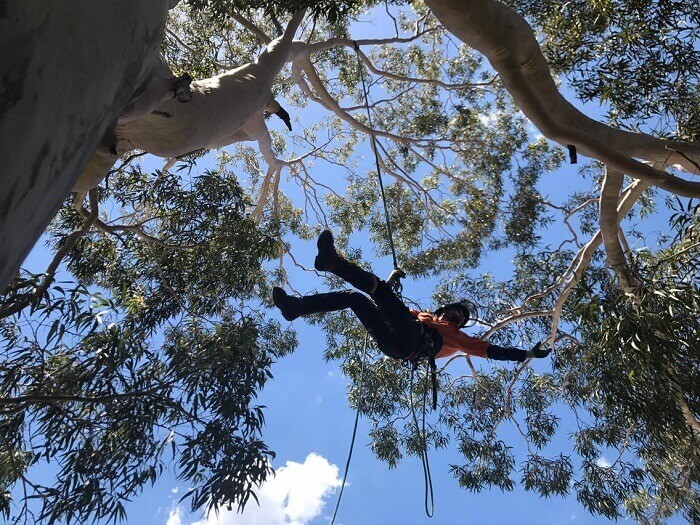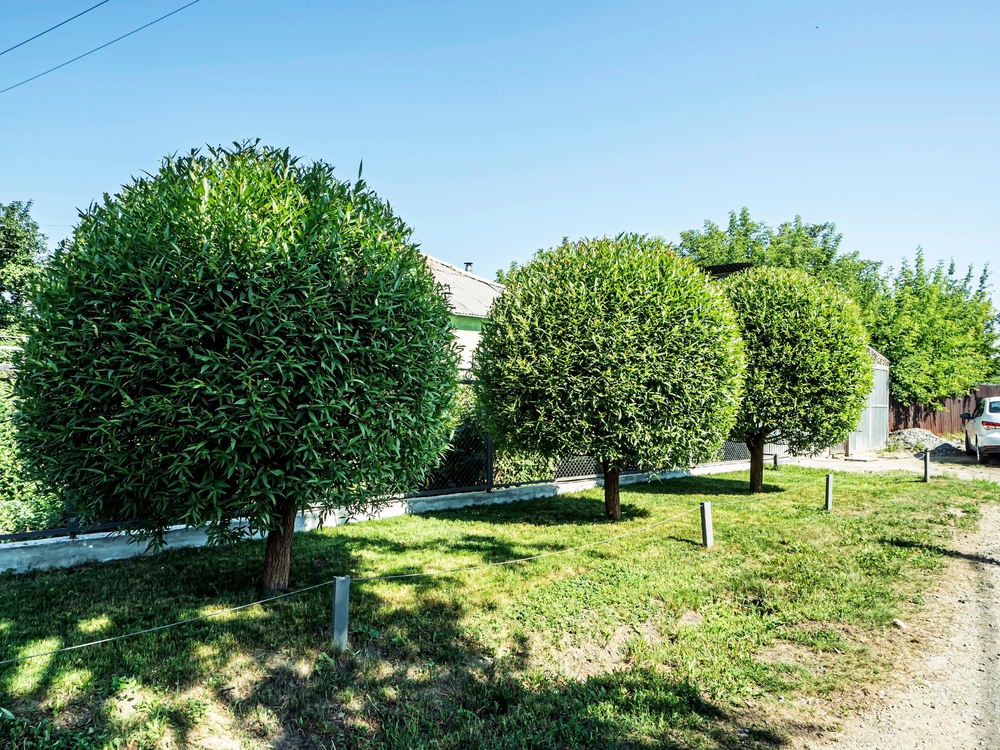All Categories
Featured
The removal of trees can develop open spaces that are at risk to weed invasion. When trees are present, their thick covers often color the ground, restricting the amount of sunlight that reaches the dirt. Nonetheless, after the removal of trees, these open areas receive raised sunlight, providing excellent conditions for weed development.

They may recommend the usage of compost, which acts as a protective barrier on the soil surface area, avoiding weed seeds from sprouting and subduing weed development.

The visibility of trees cultivates an abundant and varied community of soil germs. Tree roots provide a source of natural matter, exudates, and nutrients that sustain the development and activity of advantageous soil bacteria. Nonetheless, when trees are removed, the lack of their origins can interfere with the delicate balance of the dirt's microbial environment.
What Is The Average Cost Of Tree Cutting Services Wollongong Services?
To deal with the results of tree cutting on dirt pH, tree elimination experts can offer valuable recommendations. Based on the results, experts can suggest pH adjustment methods, such as including lime to elevate dirt pH or integrating essential sulfur to decrease it.

It refers to the compression of soil particles, resulting in decreased pore room and enhanced soil density. This compaction can negatively affect the dirt's capability to work efficiently, influencing its water-holding ability, nutrient availability, and root penetration. Proper techniques utilized by tree removal specialists can aid reduce compaction and preserve the soil's ability to preserve water, and enable for adequate air flow and careful tools handling.
Latest Posts
What Is The Best Wollongong Council Tree Removal Program?
Should I Hire A Professional Pressure Washing Contractor?
How Much Should I Pay For Tree Arborist Wollongong Services?